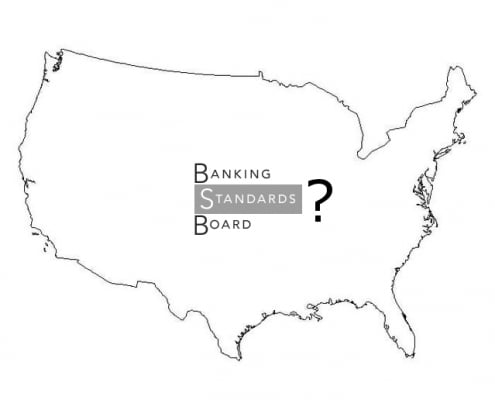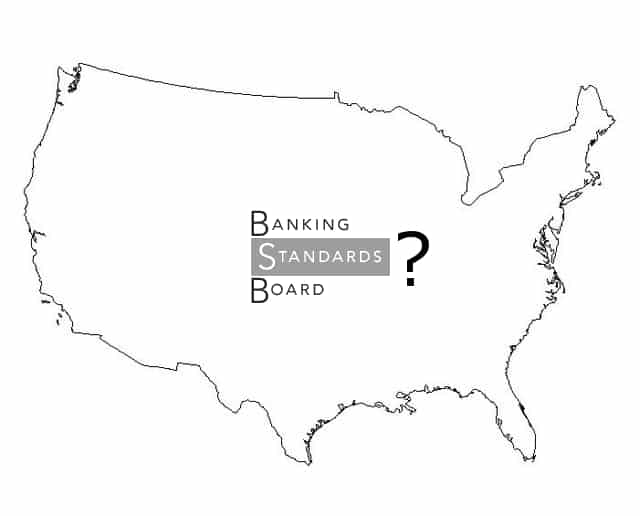Tag Archive for: UK

Ethical Systems Design: Crosspost from AuditFutures
Blog Cross posted from the AuditFutures Blog. See original post here.
Cross posted from the AuditFutures Blog. See original post here.
On 23rd November, we hosted a conference exploring the concept of organisational culture and what systemic approaches we can take to foster ethical culture within organisations, particularly professional service firms. This interdisciplinary conference engaged around 100 leading international academics, business leaders and accounting professionals in a holistic discussion on the significant role of culture in organisations.
The event built on our Future Firms project which explores in a systemic way the interdependencies of the different aspects of the firm: culture, governance, technology, services, structure, and people and what this means for the future of .
Our Ethics by Design Conference explored the key challenges and trends, faced through the interaction between the three levels of employees, the organisation and society. Participants explored the possible design ideas that can be implemented to work towards overcoming these challenges and forming a more ethical culture.

The UK’s Banking Standards Board: Should a US model follow?
Blog I recently returned from a trip to London, where I spoke about the role of ethics and culture in organizations with varied, leading professionals. My meeting with the Banking Standards Board (“BSB”) stands out as a potential model for what financial services firms in the U.S. could emulate.
I recently returned from a trip to London, where I spoke about the role of ethics and culture in organizations with varied, leading professionals. My meeting with the Banking Standards Board (“BSB”) stands out as a potential model for what financial services firms in the U.S. could emulate.
The BSB is a non-profit organization, established by the industry in the wake of the 2008 financial crisis to address core challenges relating to the culture of banking, and help restore the industry’s trust and reputation.
To raise standards of behavior in financial services, the BSB began with a comprehensive analysis of the current standards for culture, the details of which are provided in their 2015 assessment report, identifying themes relating to norms within the banking industry. After conducting assessments at individual firms, and extrapolating common themes, they plan to use these as the framework for future work plans. This assessment creates a baseline so that firms and the BSB can then measure the impact of reform efforts, both internal ethics programs and industry and regulatory initiatives, over time. As I’ve written in previous blog posts, evidence-based ethics research and culture measurement are key to determining what works to drive more ethical behavior in organizations. In order to improve culture, researchers need to help firms better measure their culture and track changes in indicators over time. The BSB has taken a vital step towards this goal.
